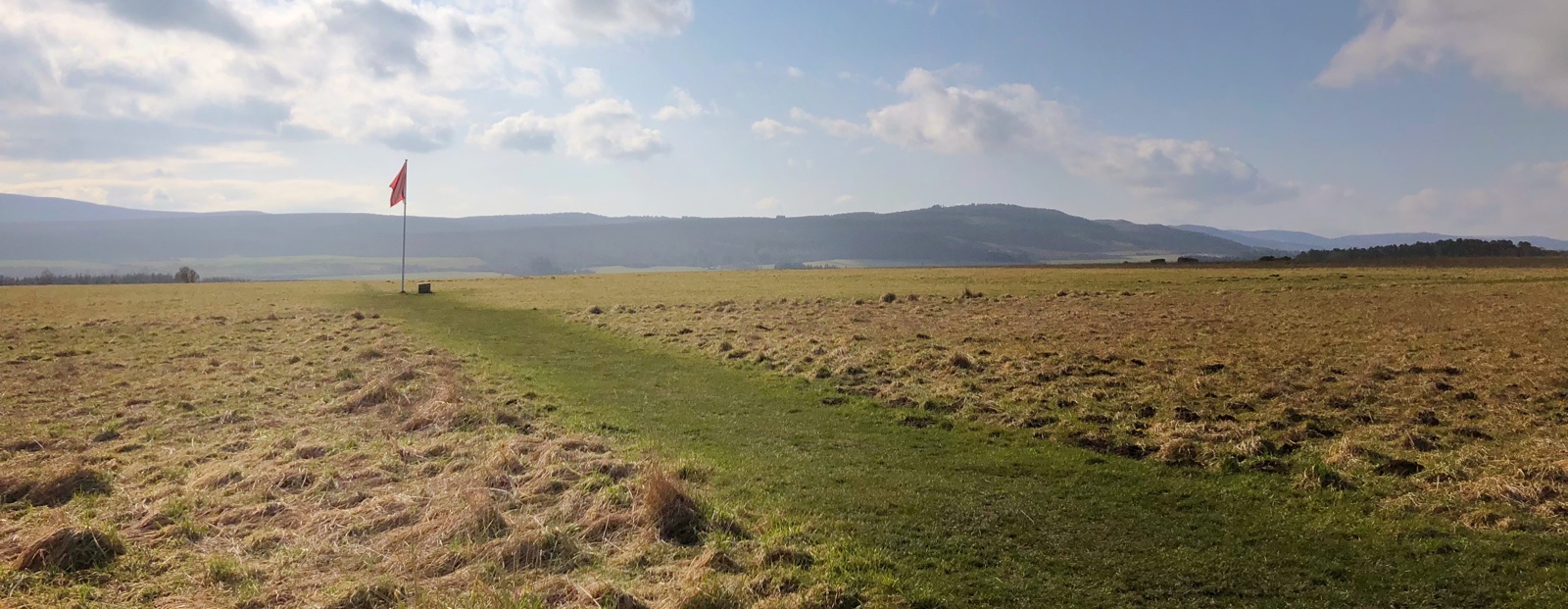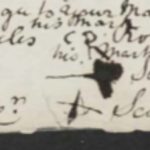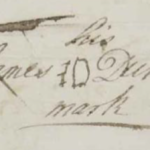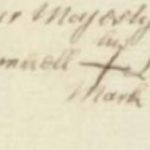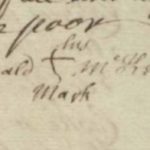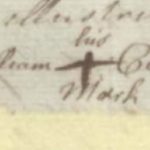If you had been able to walk the lines at Culloden around noon on 16 April 1746, about an hour before the Jacobite cannons opened up, with enough time to ask a few questions about why the rebel soldiers were ranked up there on that frigid and rainy day, you might get a number of different answers.
It could be somewhat difficult to understand some of the responses, as representatives of numerous countries and localities were present on the field, including many native Gaelic-speakers from the rural Highlands and Islands. Murdoch Shaw, standing at the centre of the Jacobite front line, would tell you that he was brought to Culloden by his master, Alexander Macgillivray of Dunmaglass, who served as a leader of Clan Chattan in the Forty-five.1 It was customary for men of stature to bring servants into battle so their horses and baggage could be kept in order, but some of these attendants were also expected to fight alongside them.2 Shaw’s chief would perish in combat shortly after your conversation with him, at just the tender age of twenty-six.3 On the left flank of the Jacobite vanguard, Donald Bain Grant huddles with men from the different clans serving in Macdonell of Glengarry’s regiment. He might describe to you how he was taken forcefully from his home in Corrimony by desperate Jacobite recruiters just the day before, and that he was quickly rushed to Inverness in anticipation of the coming engagement.4

